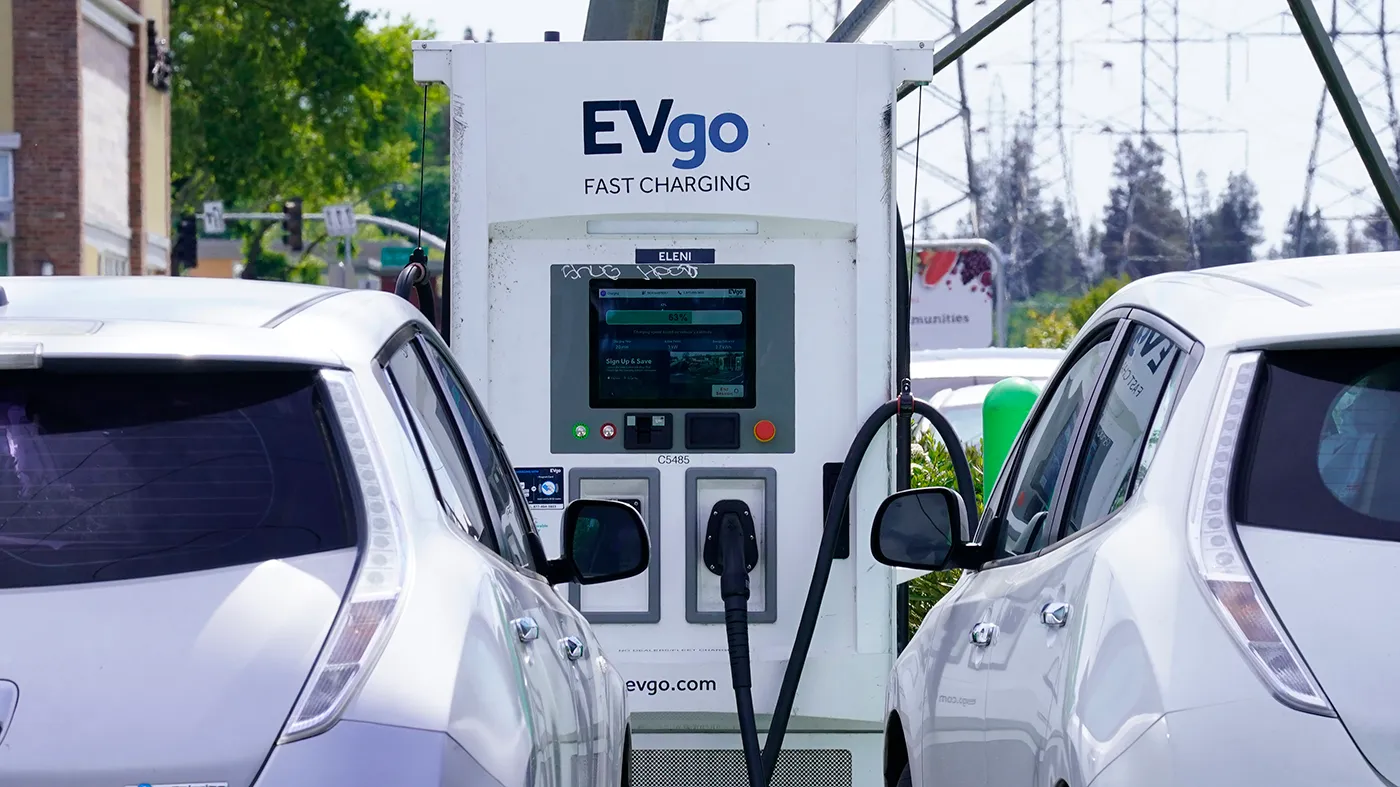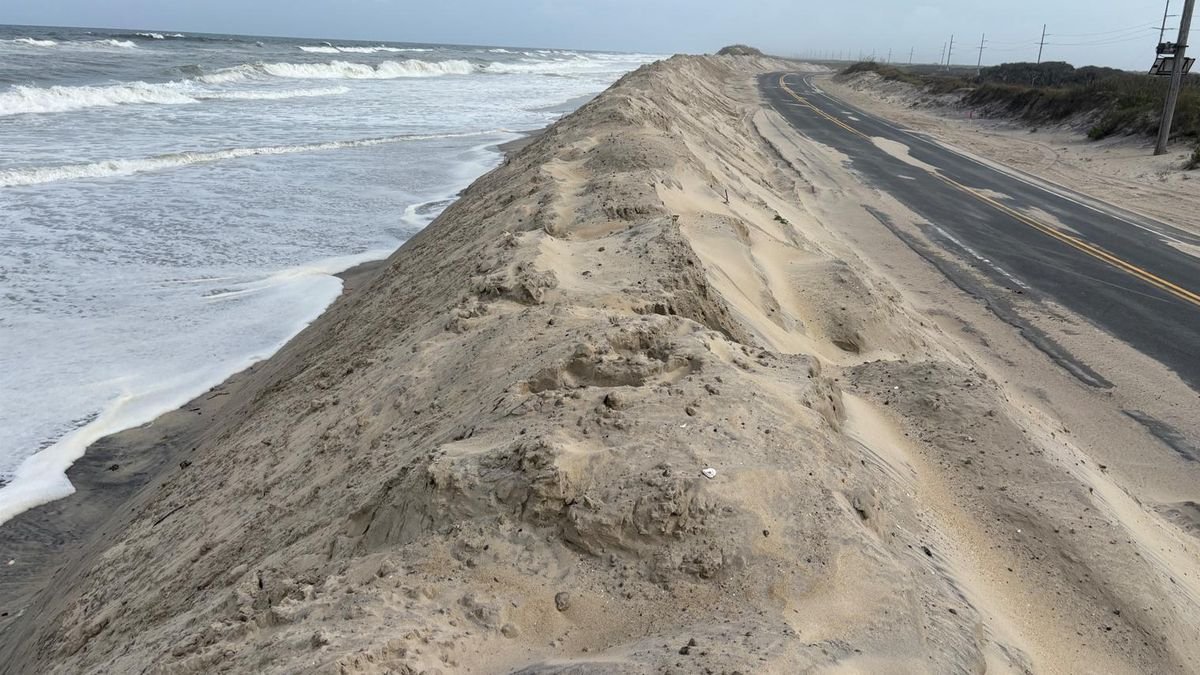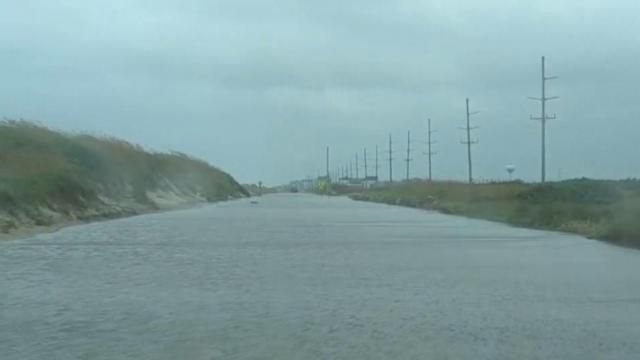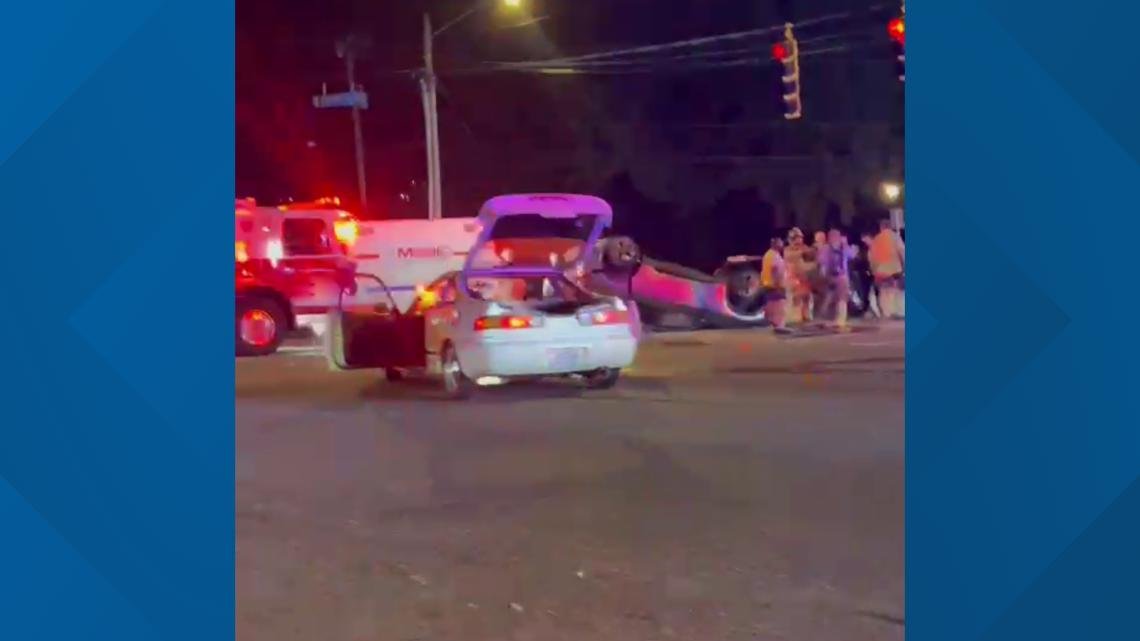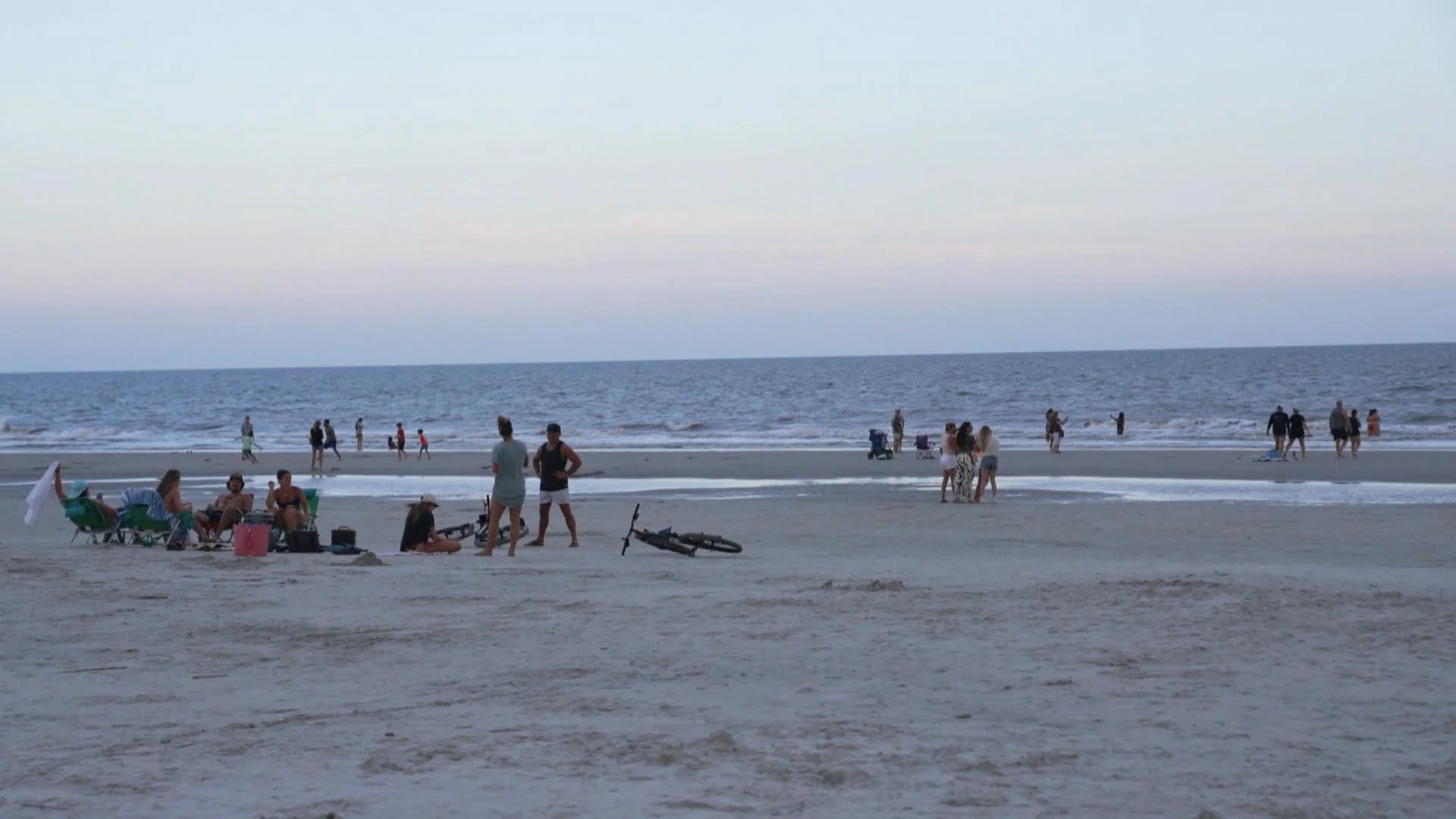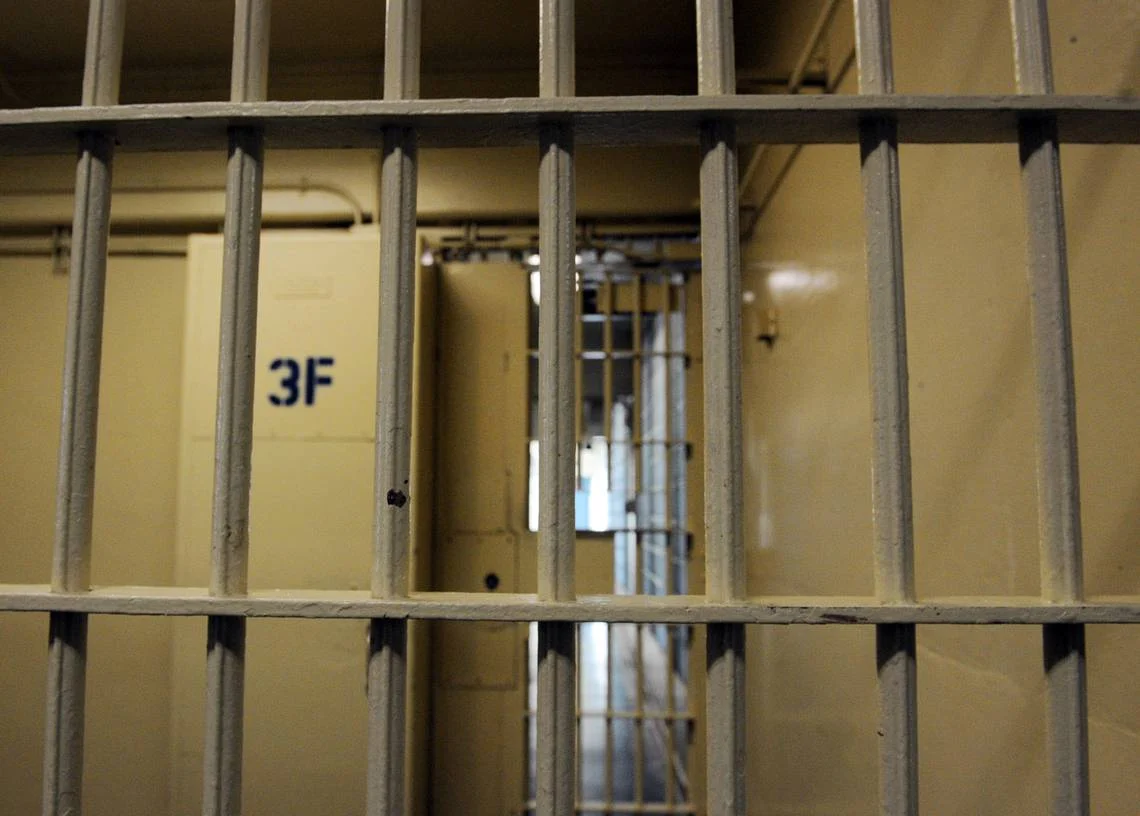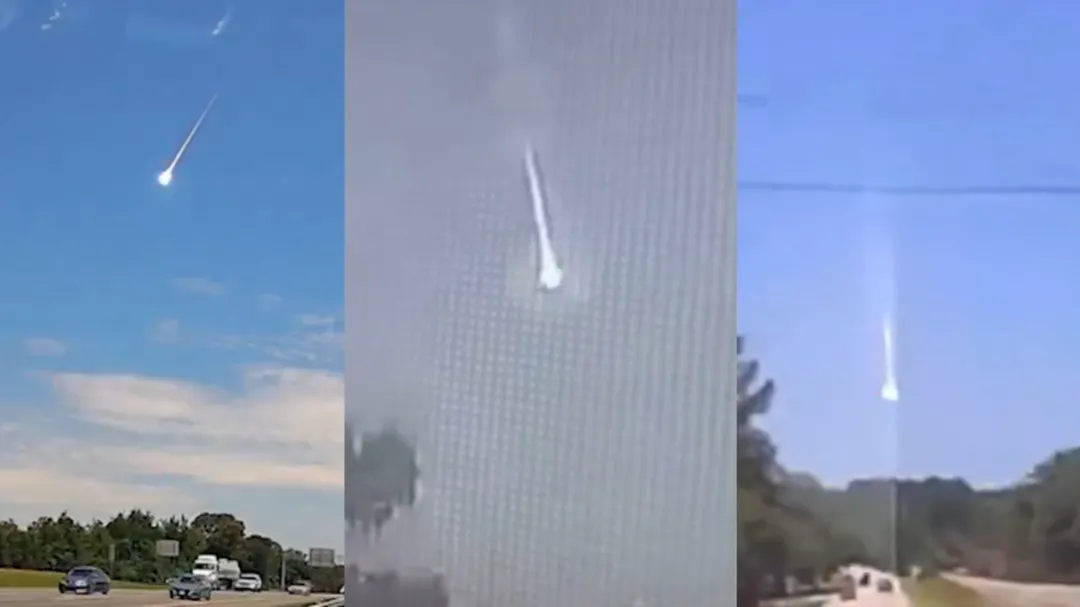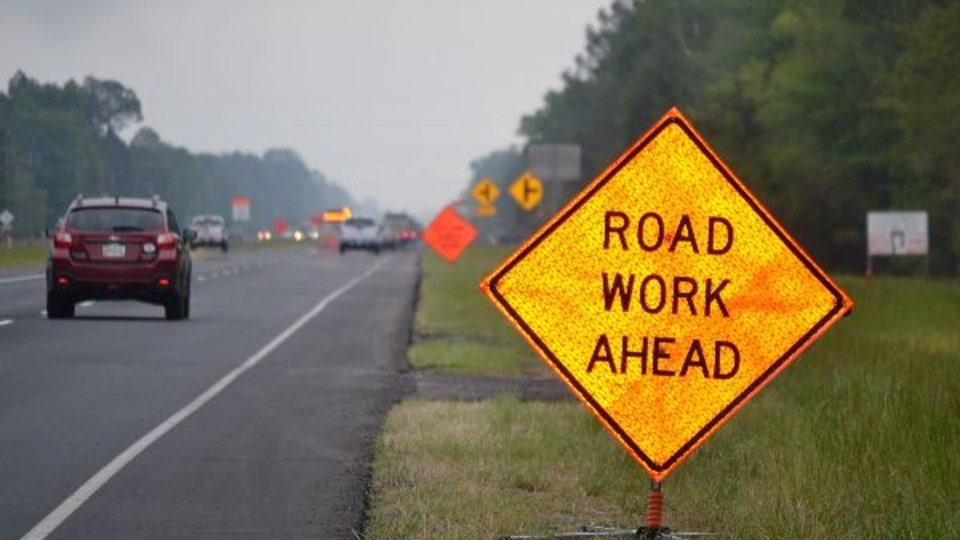Charlotte, North Carolina.New charging infrastructure is trying to keep up with the rapidly expanding electric vehicle market in North Carolina. More than 112,000 EVs were registered statewide as of February, according to state data, which represents a roughly 40% rise from the previous year.
Businesses are making significant investments in fast-charging stations that are intended to reduce range anxiety and offer quick charging alternatives outside of residential garages as more people convert to electric vehicles.
Charlotte Company Leads Expansion
Located in CharlotteOne of the local leaders in the development of EV fast-charging networks is Koulombis. A charging facility with 12 chargers under a solar canopy was just opened by the company near I-485 in south Charlotte. An EV may be recharged at each station in roughly fifteen minutes.
After two years of development, co-founder Jeff Constantineau commented, “It took a long time, but we pride ourselves on quality.” The majority of charging should take place at home, he continued, although public stations are necessary for longer journeys.
Range Anxiety and Public Access
Although many drivers lack access to personal chargers, Constantineau stressed that about 80% of charging is completed at home. The U.S. Department of Energy estimates that, excluding Tesla’s network, North Carolina now has just under 2,000 public charging stations.
According to Constantineau, this is a quick fix. It gives drivers more self-assurance when switching to electric vehicles.
Automakers Push Rechargeries
Ionna, an alliance of eight significant manufacturers, has opened charging stations on the eastern side of the state under the names Rechargeries in Gardner and Apex. These websites provide comparable quick-charge services and are anticipated to grow in number as demand increases.
Federal Policy Adds Uncertainty
The expansion coincides with the end of September, when the $7,500 federal EV tax credit is scheduled to be eliminated under President Donald Trump’s One Big Beautiful Bill Act. Leaders in the industry are still uncertain about how the shift would affect charging growth and adoption.
According to Constantineau, Koulomb intends to continue expanding in spite of the change in policy. After constructing two more depots and a few smaller stations, we’ll take a break to observe consumer reactions.
At the moment, the business runs nine charging stations in Georgia, Virginia, and North Carolina.
